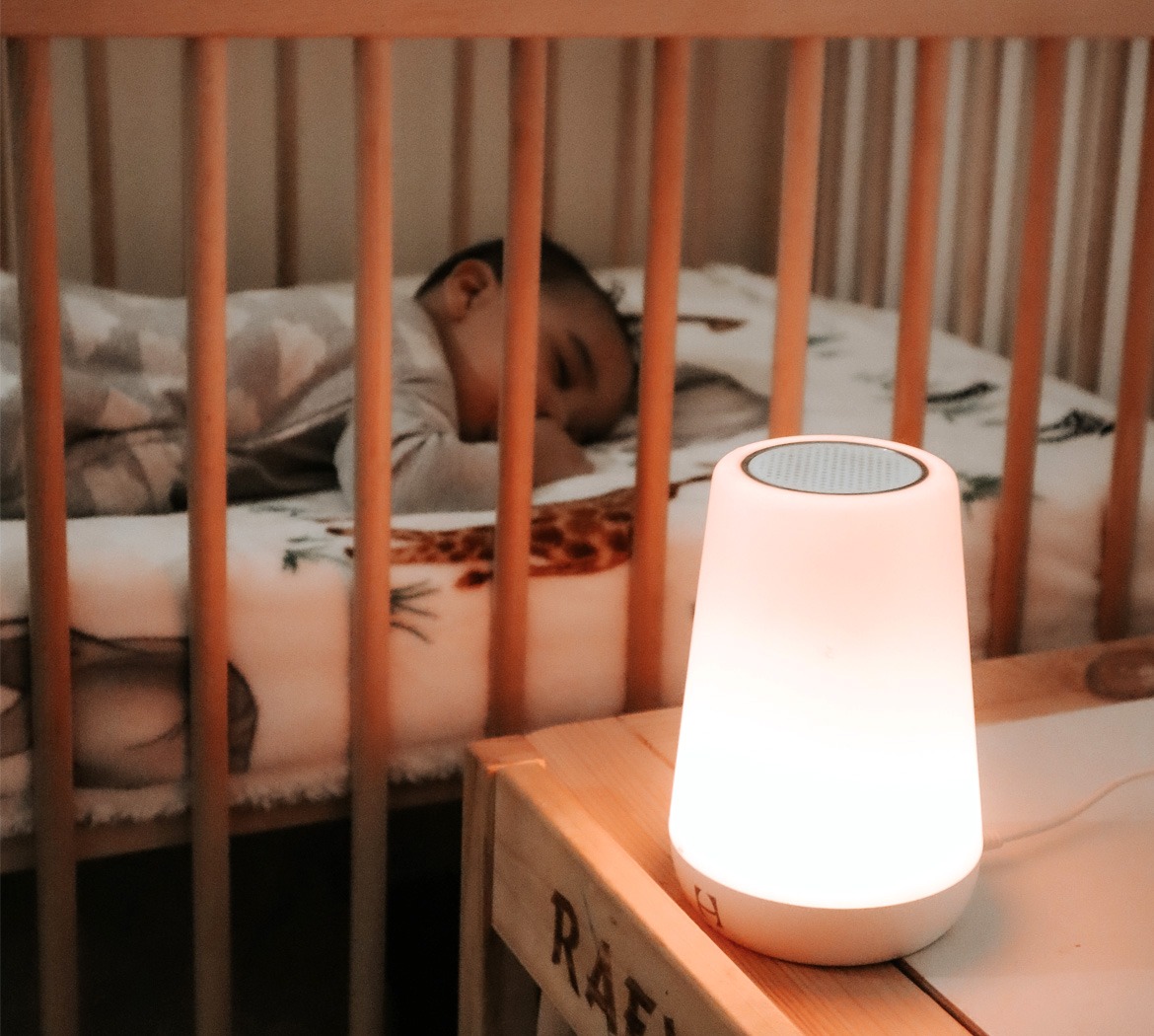
Sleep training is often seen as a magic bullet for sleep-deprived parents, promising peaceful nights and well-rested babies. However, it’s not always a smooth journey, and many parents find themselves still having wake-ups in the middle of the night, wondering why their efforts aren’t yielding the desired results. In this blog, we’ll delve into some of the most common reasons sleep training fails and provide tips on how to course-correct when your sleep plan gets off track.
The timing of sleep training can significantly impact its success. Here are a few factors to consider:
Consistency is key in sleep training. If you alternate between different methods or don’t stick to the chosen sleep training method consistently, it can confuse your baby and make sleep training less effective. It’s crucial to have a plan and a bedtime routine and stick to it consistently for at least a week for more low-engagement strategies such as Ferber and a month or more for high-engagement strategies such as the camping out method or the pick-up/put-down method.
Certain medical conditions can cause sleep problems and interfere with your child’s sleep, causing night wakings and making sleep training ineffective until these issues are addressed. It’s important to be aware of the common symptoms of these conditions so you can seek advice from a pediatric specialist if needed. Below is a list of some common medical issues that can impact sleep.
Remember, these symptoms don’t necessarily mean your baby has a medical condition, but they’re worth discussing with your healthcare provider if you’re concerned. Once these health issues are managed, your baby will be better equipped to learn healthy sleep habits.
Sleep training is not an overnight process. It requires patience, consistency, and time. Expecting quick results can lead to disappointment and premature abandonment of the process. Remember, sleep training is teaching your child a new way of doing things, effectively teaching your baby new, more sustainable sleep associations.
Maybe you read a sleep book or spoke to a sleep expert that made you feel that there was one particular way to do things. Maybe your friend/sister/neighbor did one form of sleep training, and so you feel that you have to do it that way (or the exact opposite). It may be that your baby is in a different developmental phase than your friend’s, perhaps learning to pull up and getting stuck, having some serious separation anxiety and/or is in a sleep regression. Your toddler’s sleep schedule has suddenly changed, or they’re having some fears about going to bed. It’s important to choose a method that aligns with your parenting approach, as well suits your child’s particular temperament and needs.
If sleep training fails, it’s important not to despair. First, assess the situation. Are there any underlying health issues that need to be addressed? Is the timing right? Are you being consistent with your chosen method?
If you’ve addressed these issues and sleep training is still not working, it might be time to try a different method. Remember, what works for one baby may not work for another. It’s crucial to choose a method that aligns with your baby’s temperament and your parenting style.
If you’re feeling overwhelmed, consider seeking professional help. We know that lack of sleep can make it very hard to think clearly about how to move forward. Our Sleep School program offers guidance and support from the first night on, helping you navigate the sleep training journey more effectively.
Sleep training is a journey, not a destination. It requires patience, consistency, and a willingness to adapt to your baby’s changing needs. While it may not always be a smooth journey, with the right approach and mindset, it can lead to better sleep for your whole family.
At Batelle, we understand the challenges of sleep training and offer a comprehensive program to guide you through the process. Our program is designed to adapt to your baby’s unique needs and developmental stages, ensuring a personalized approach to sleep training.
Remember, every baby is unique, and what works for one may not work for another. But with patience, consistency, and the right guidance, sleep training can lead to peaceful nights and well-rested babies.
